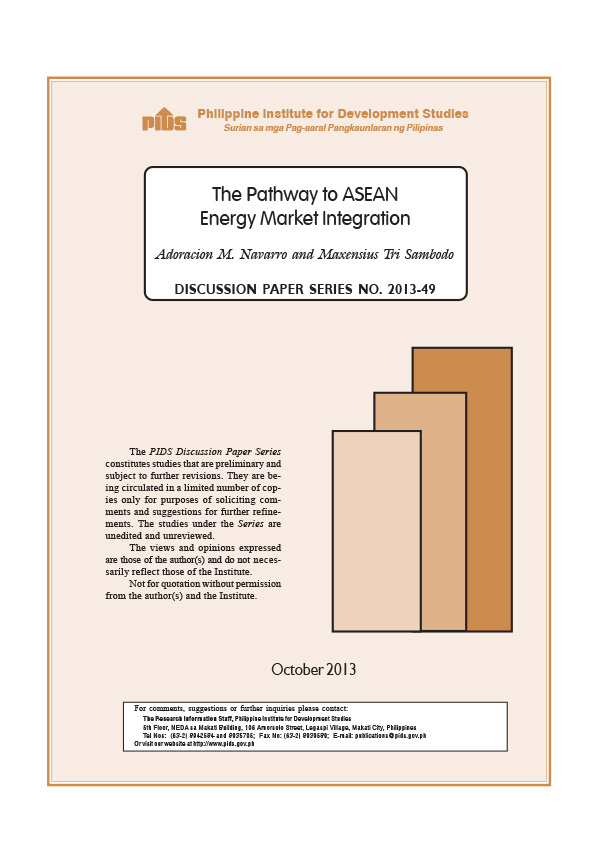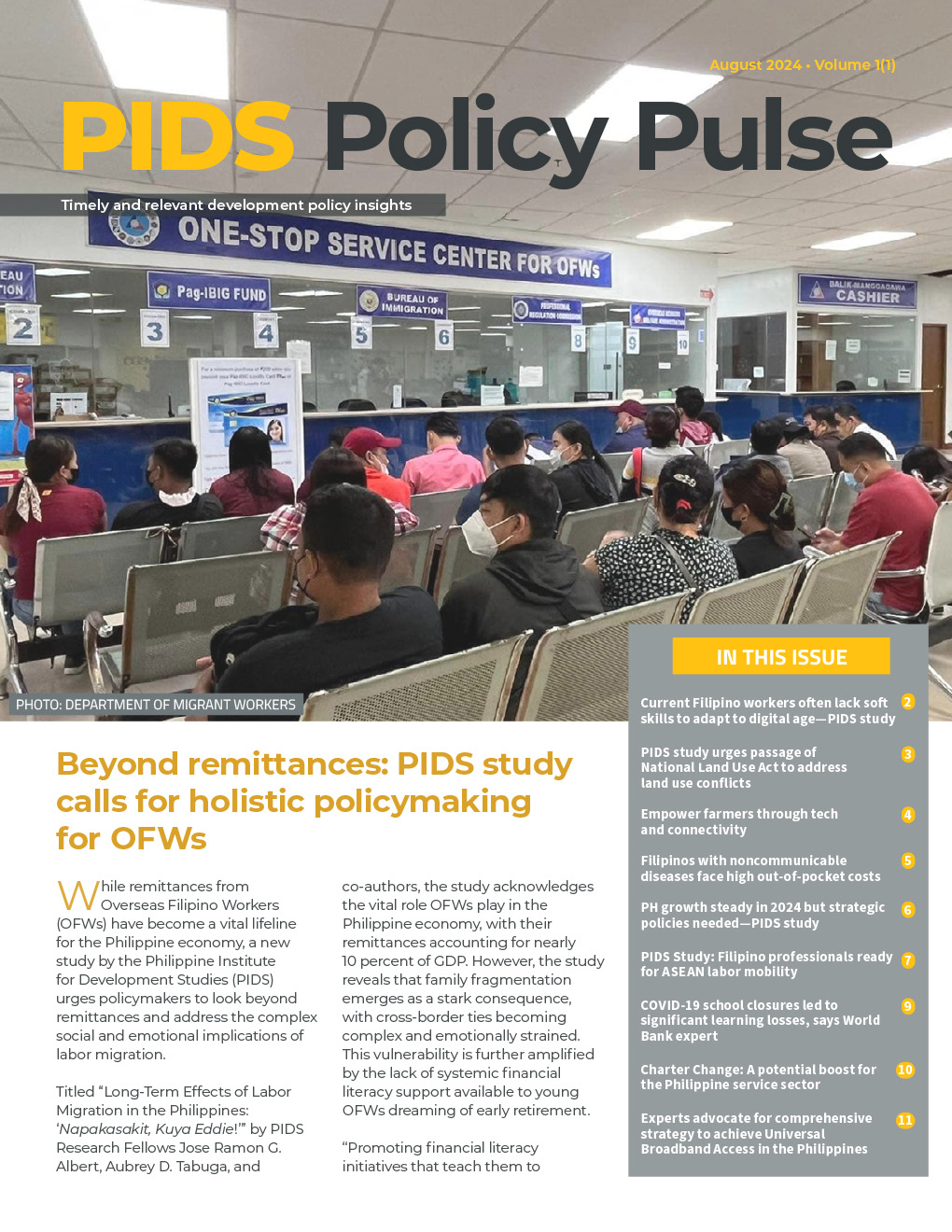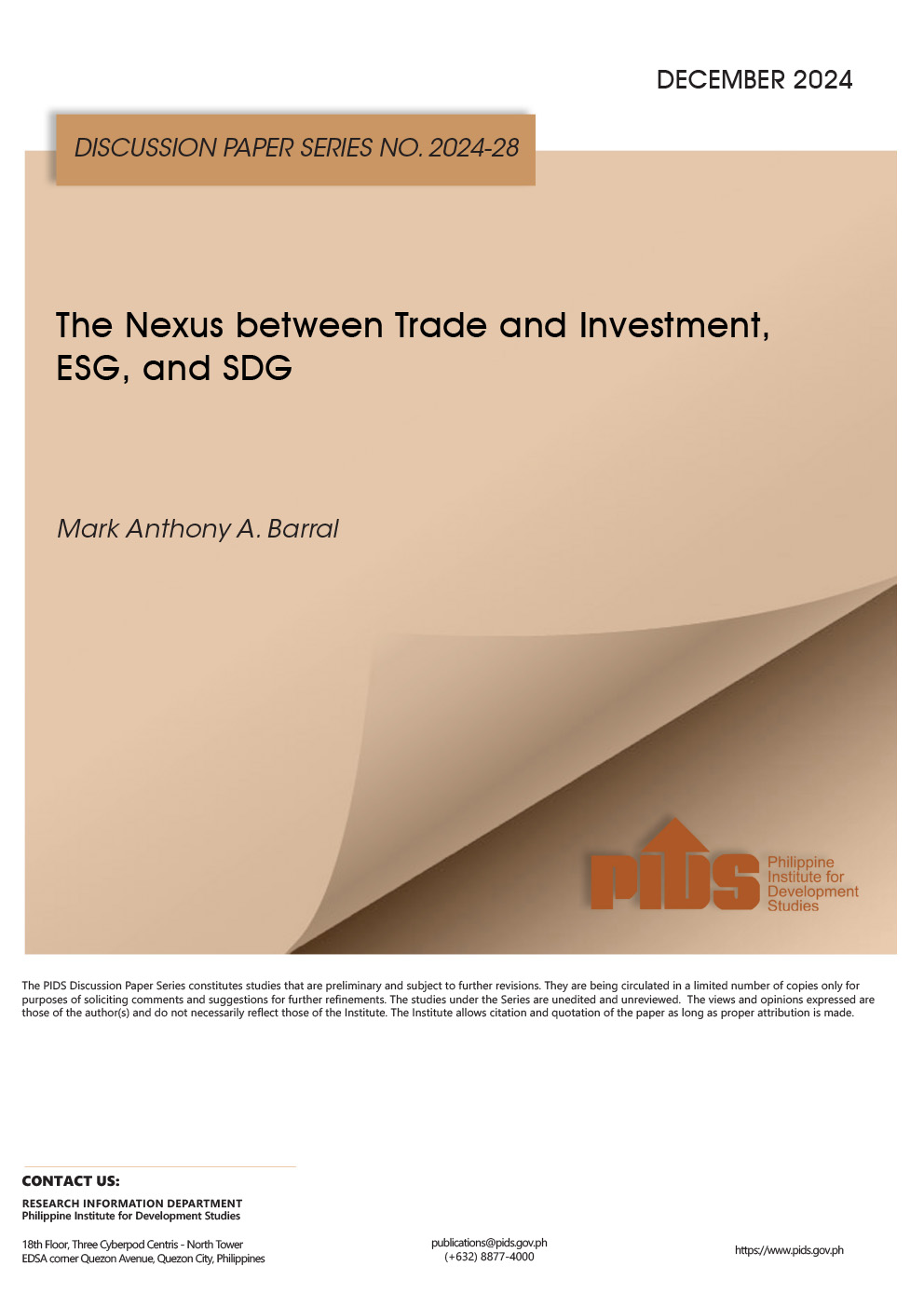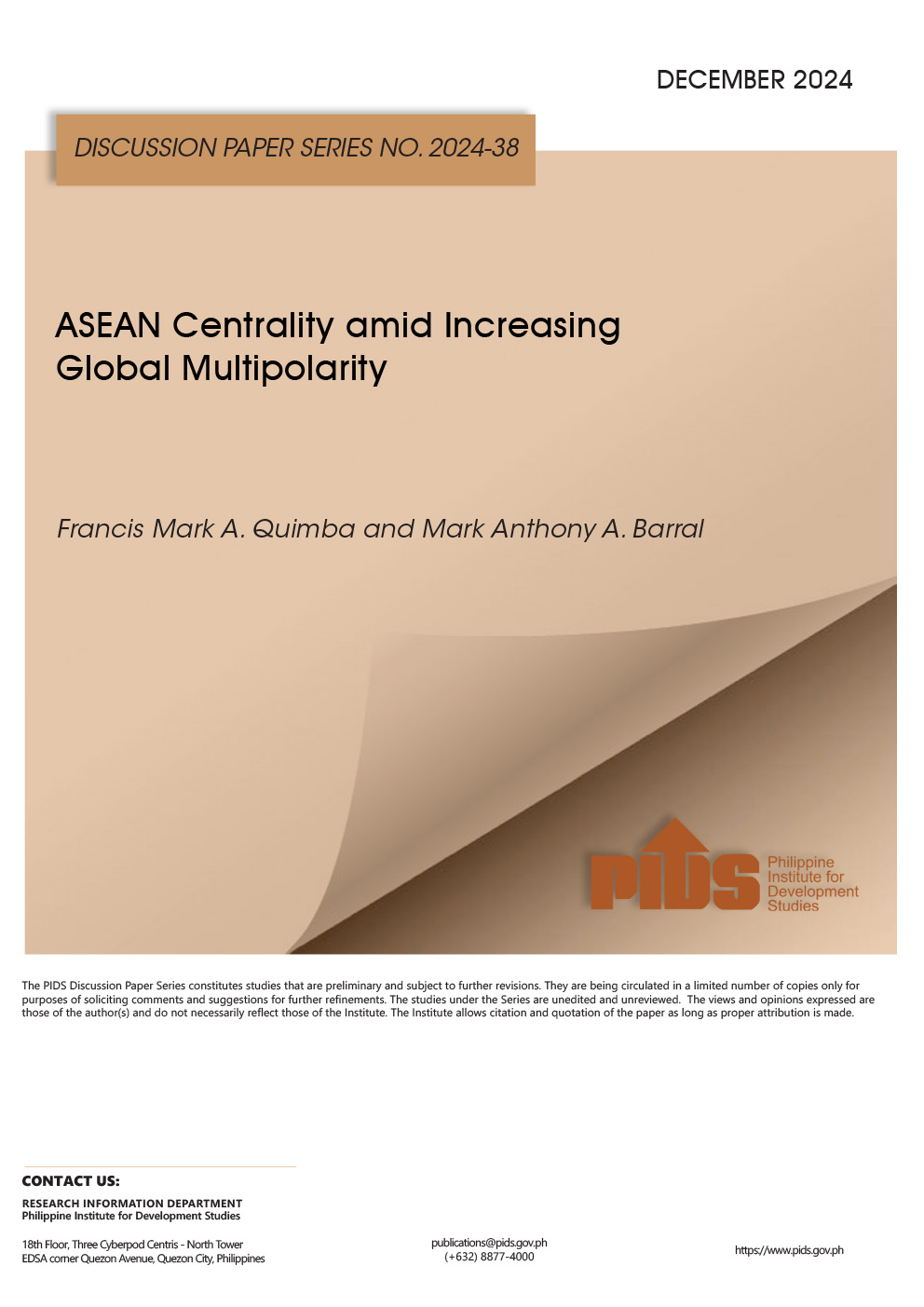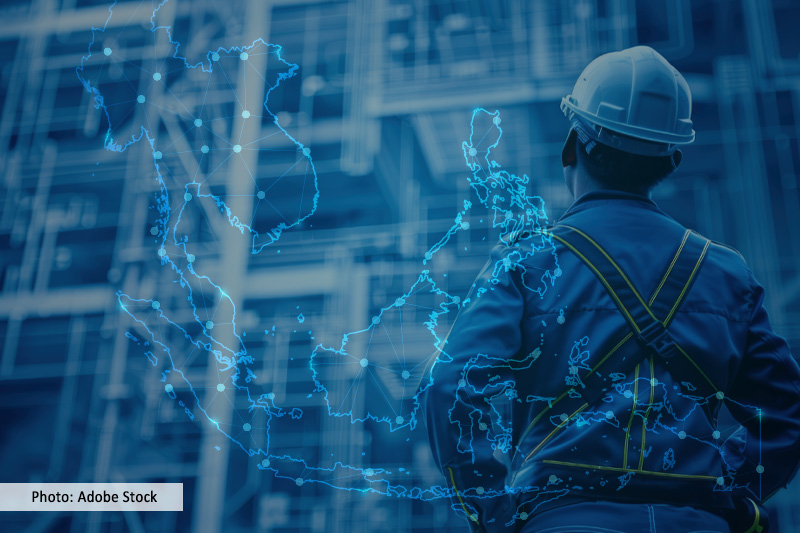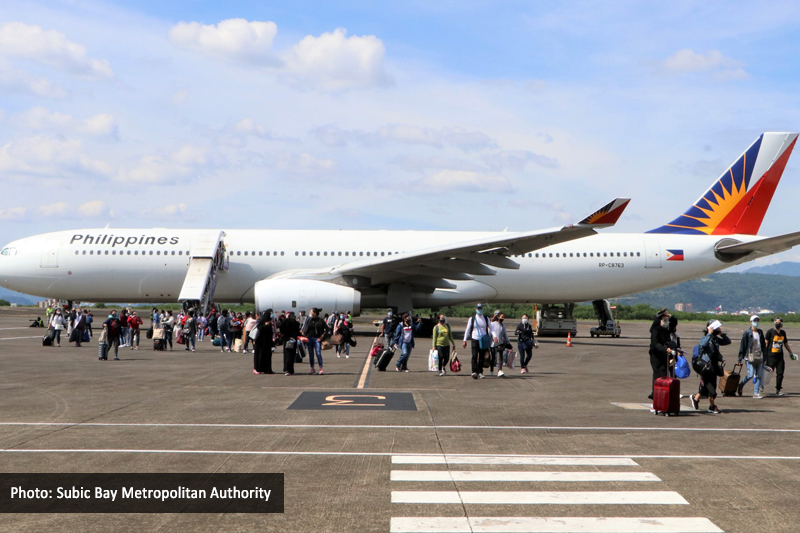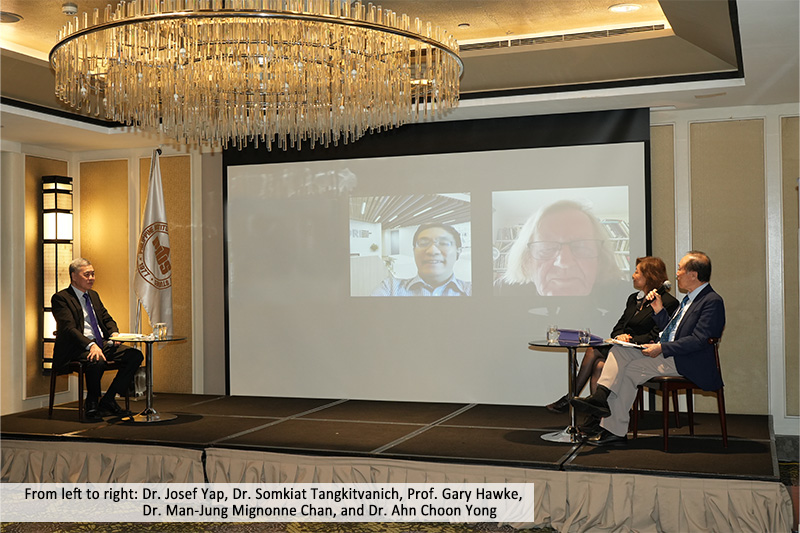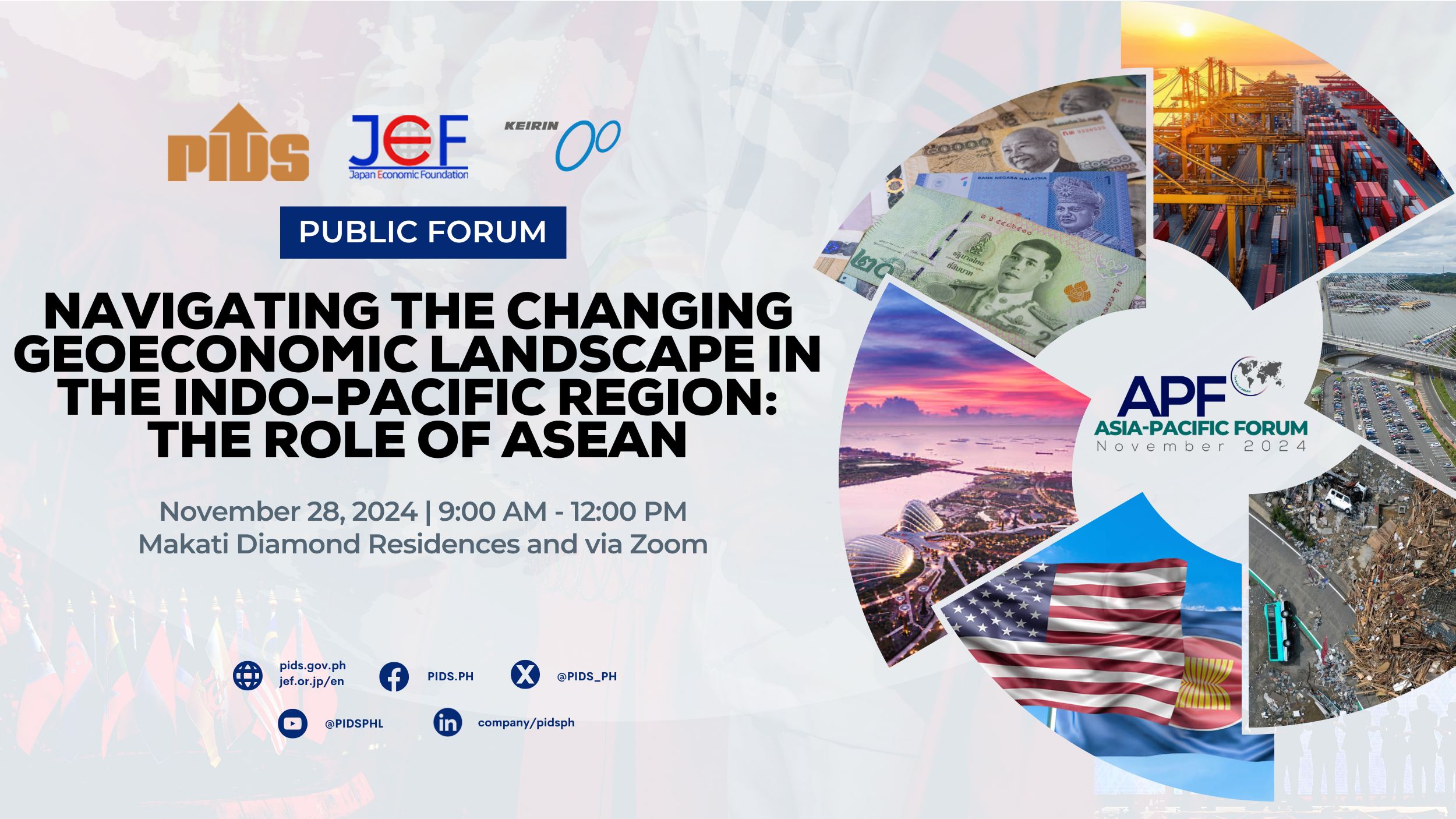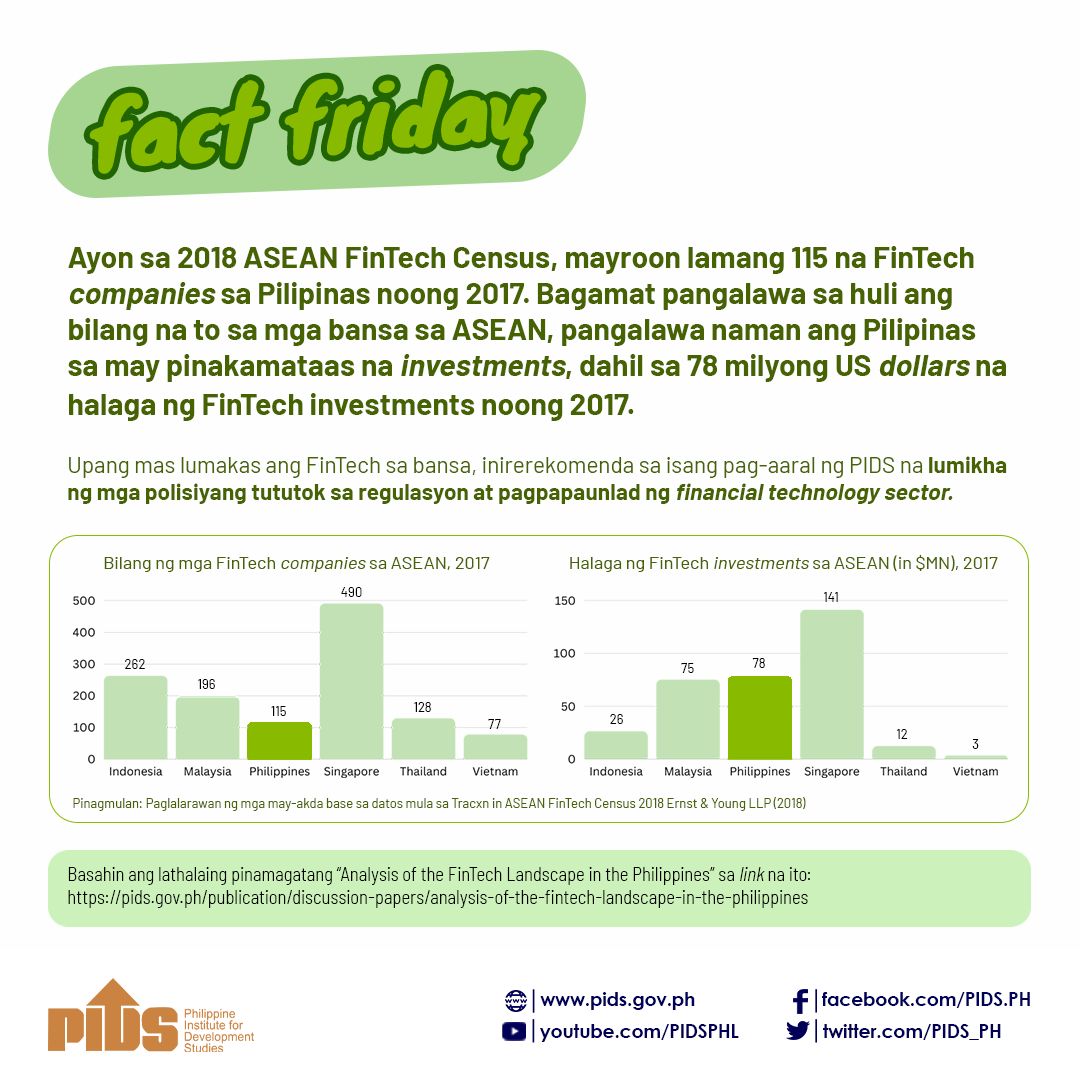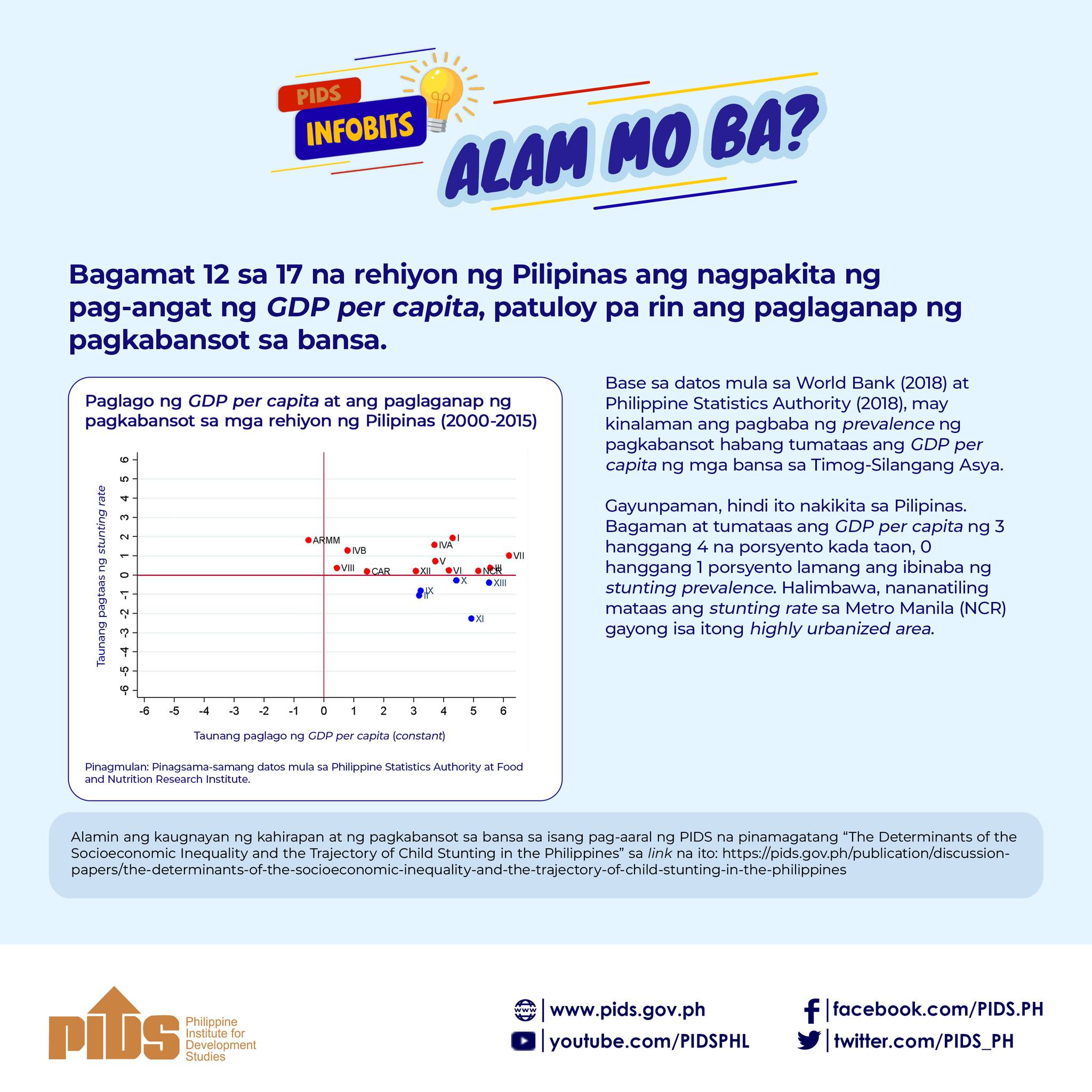Global experience in regional energy market integration presents broad elements of integration, i.e., binding agreements, physical infrastructure, standardized or harmonized rules of operation, and governing or coordinating institutions. The pathway to ASEAN Energy Market Integration (AEMI) will also involve creating these elements; however, this activity must be preceded by trust-building activities among ASEAN members. Trust should be built by candidly disclosing mutual gains from, and shared costs and externalities in energy resource development, trading energy products, market adjustments, and regulatory reforms. Shared databases and assessments could allow ASEAN members to formulate the building blocks of an AEMI regional accord. ASEAN leaders could then forge a regional accord for AEMI through 2030 with actionable targets and timetables.
The targets could include establishing or strengthening institutions for facilitating integration efforts, removing border and behind-the-border barriers to energy trade and investments, harmonizing rules and standards, and building the physical infrastructure for regional energy trading. Since energy market integration takes place not only at the government level but also at the private sector level, ASEAN members must base their preparedness to join AEMI on the business case for integration rather than merely on the availability of energy resources. Moreover, at the minimum, ASEAN members should have independent energy regulators and pursue harmonization of rules and standards.
Citations
This publication has been cited 3 times
- Edomah, Norbert,Chris Foulds, and Aled Jones. 2016. The role of policy makers and institutions in the energy sector: the case of energy infrastructure governance in Nigeria. Sustainability, 8, No. 8, 1-15 . MDPI.
- Lozano, Lorafe and Evelyn Taboada. 2020. Demystifying the authentic attributes of electricity-poor populations: The electrification landscape of rural off-grid island communities in the Philippines. Energy Policy, 145(C). Elsevier.
- Navarro, Adoracion. 2015. Philippine priorities in expanding APEC-wide connectivity through infrastructure development. Discussion Papers DP 2015-15. Philippine Institute for Development Studies.

